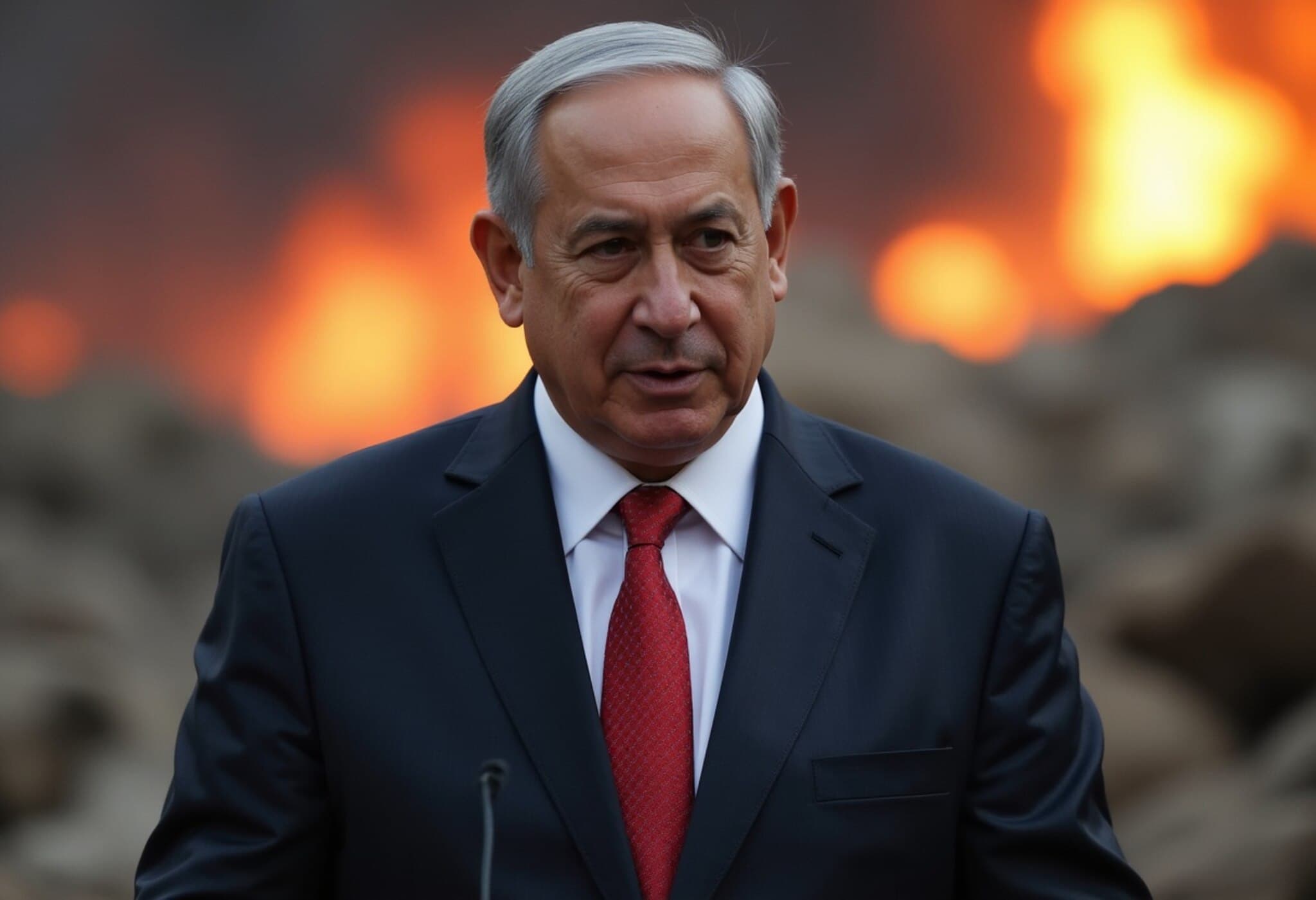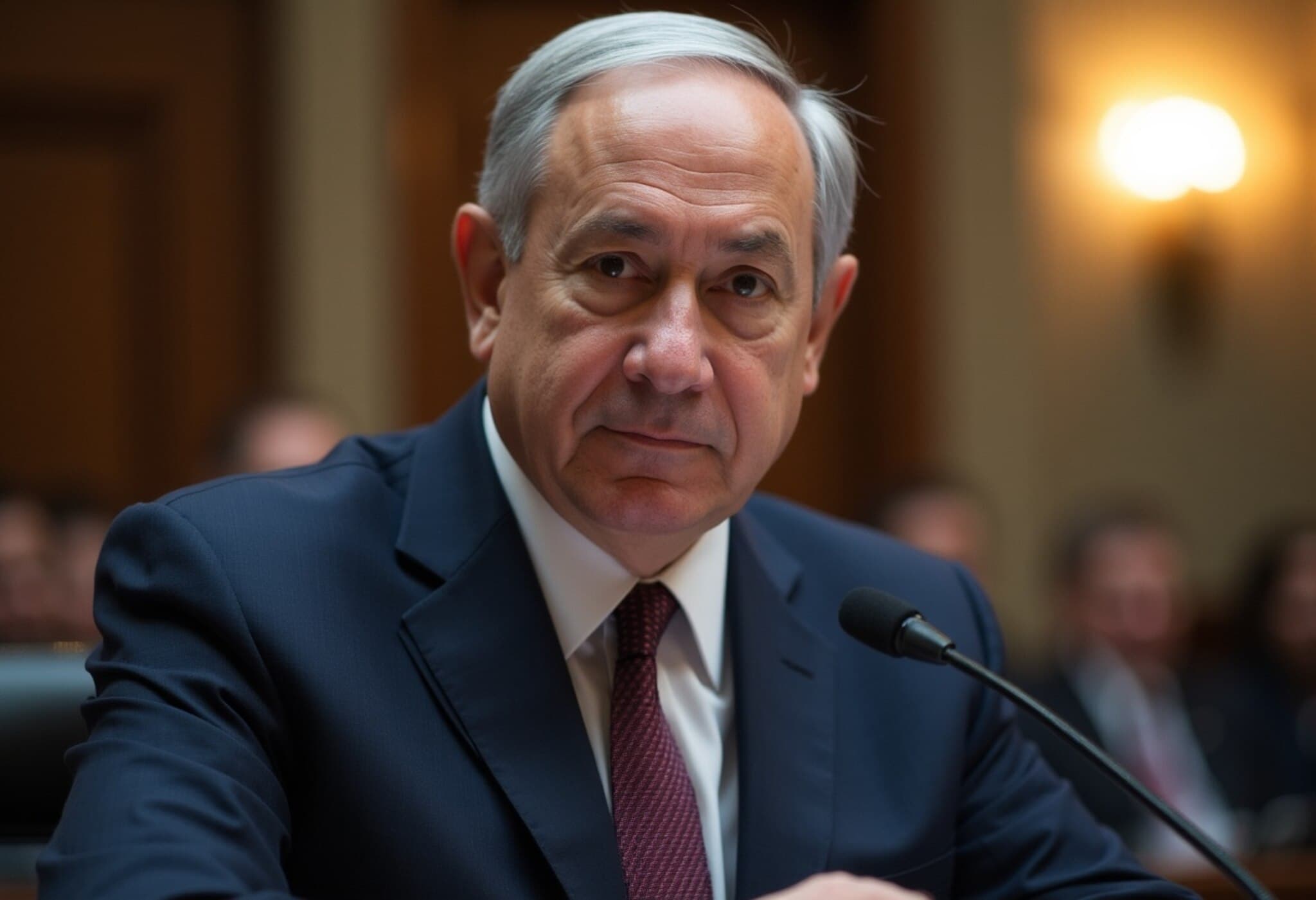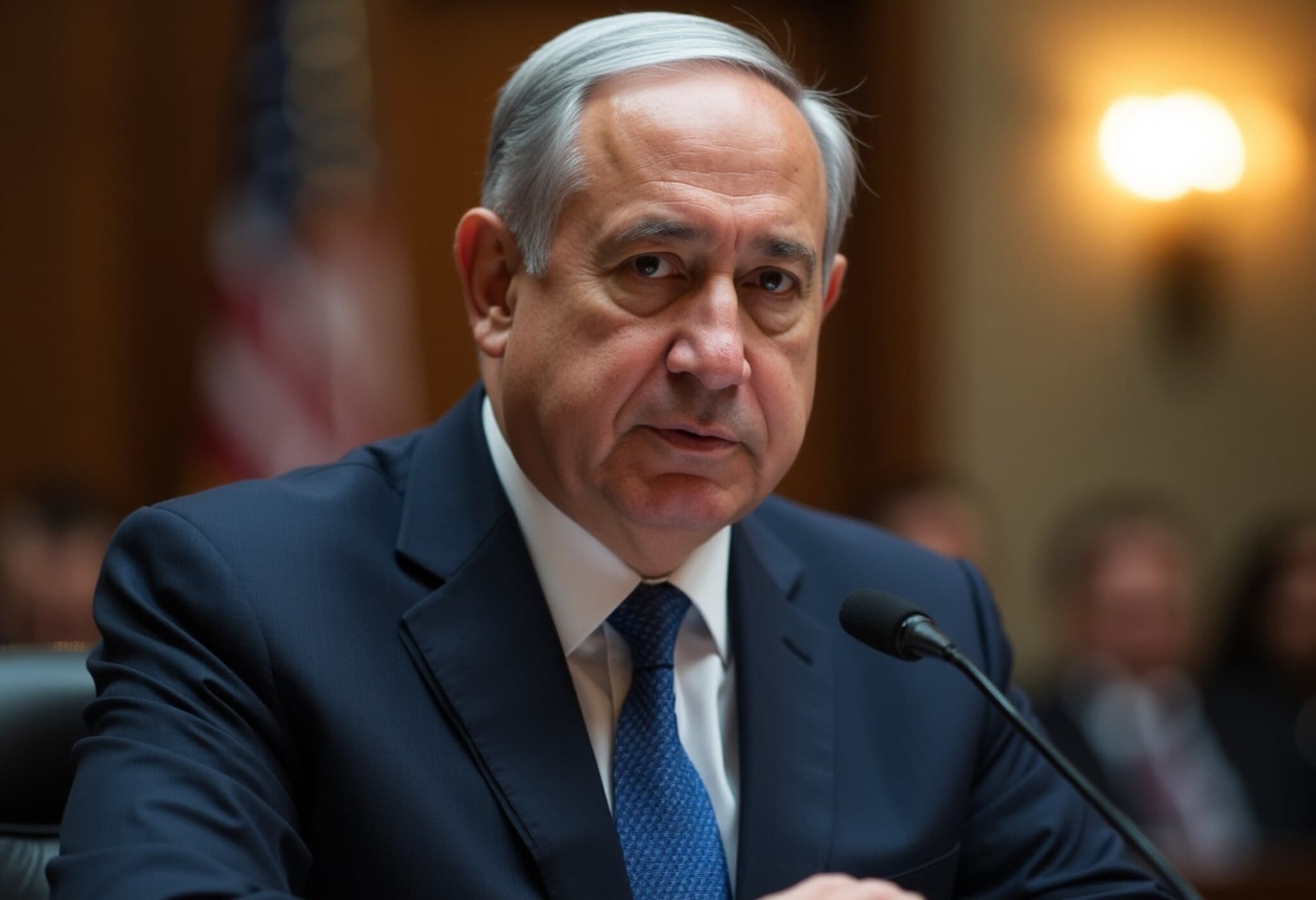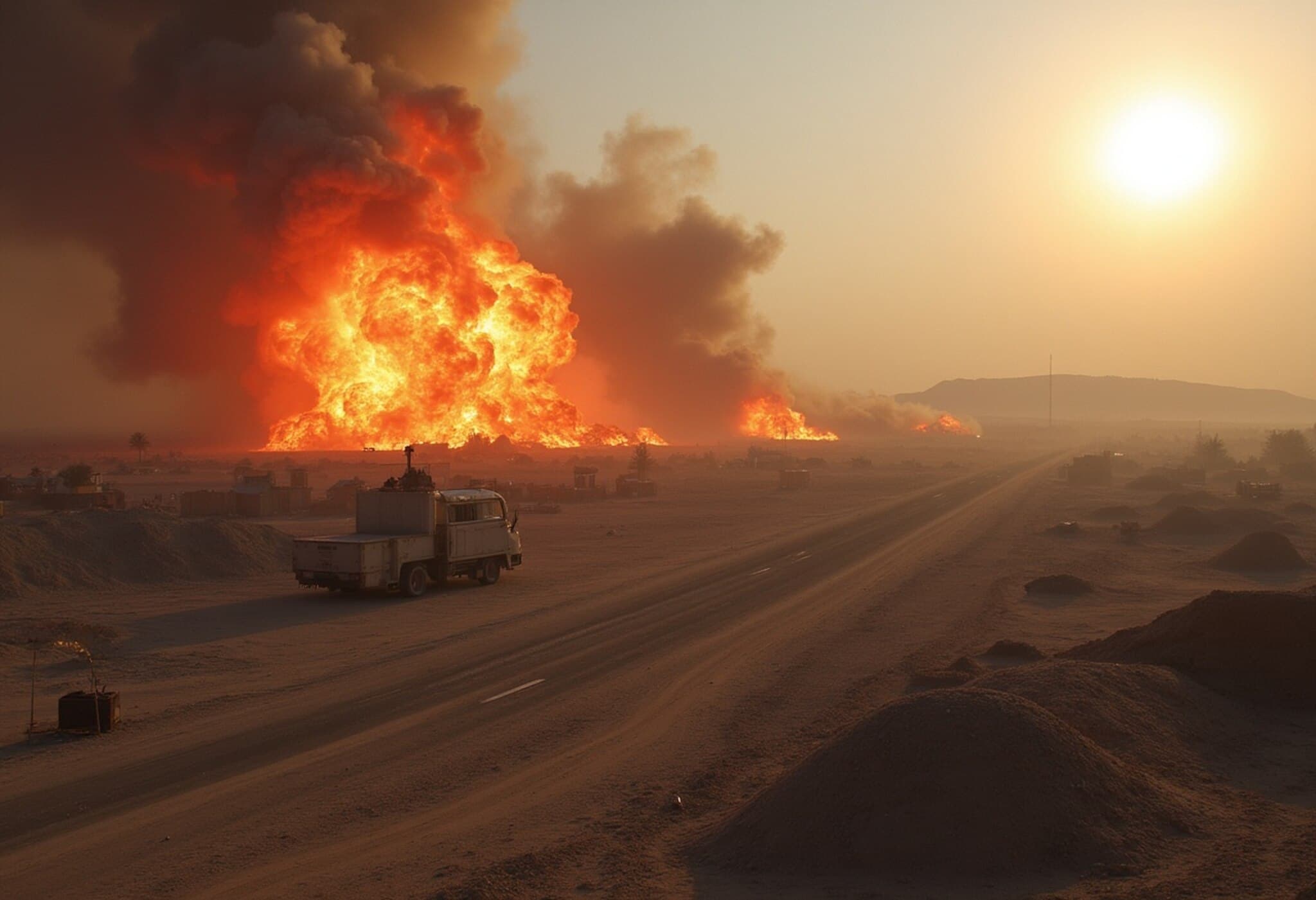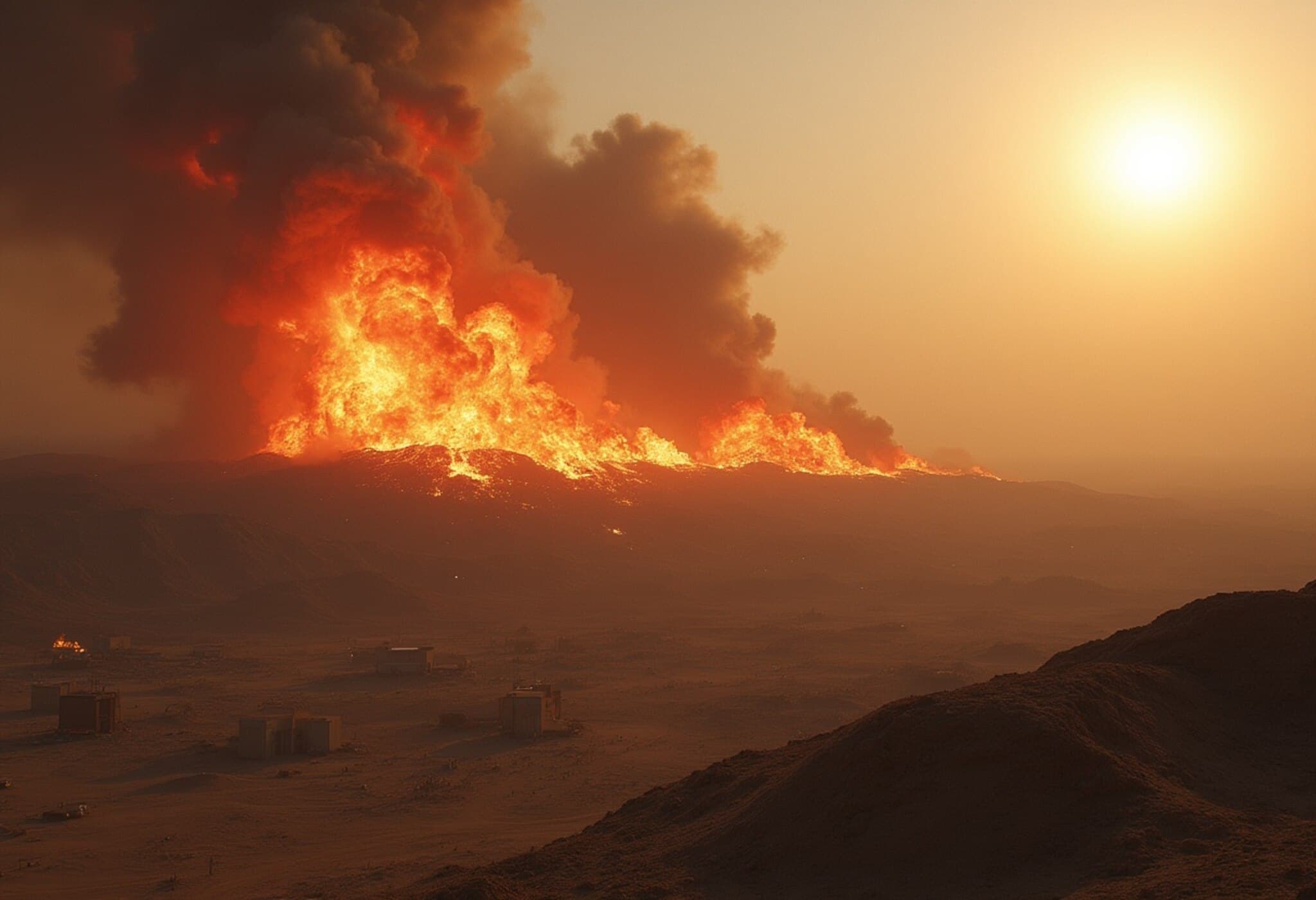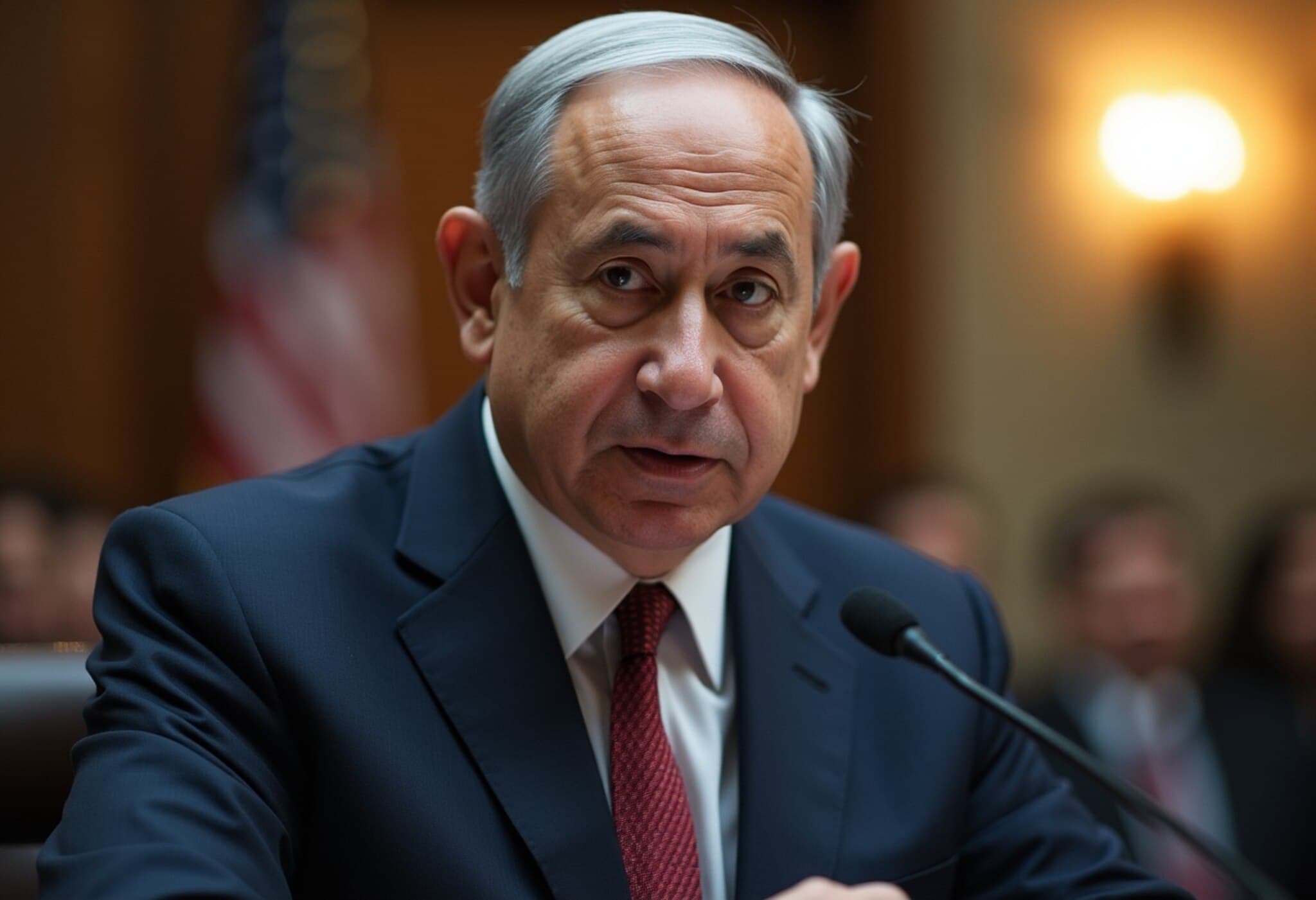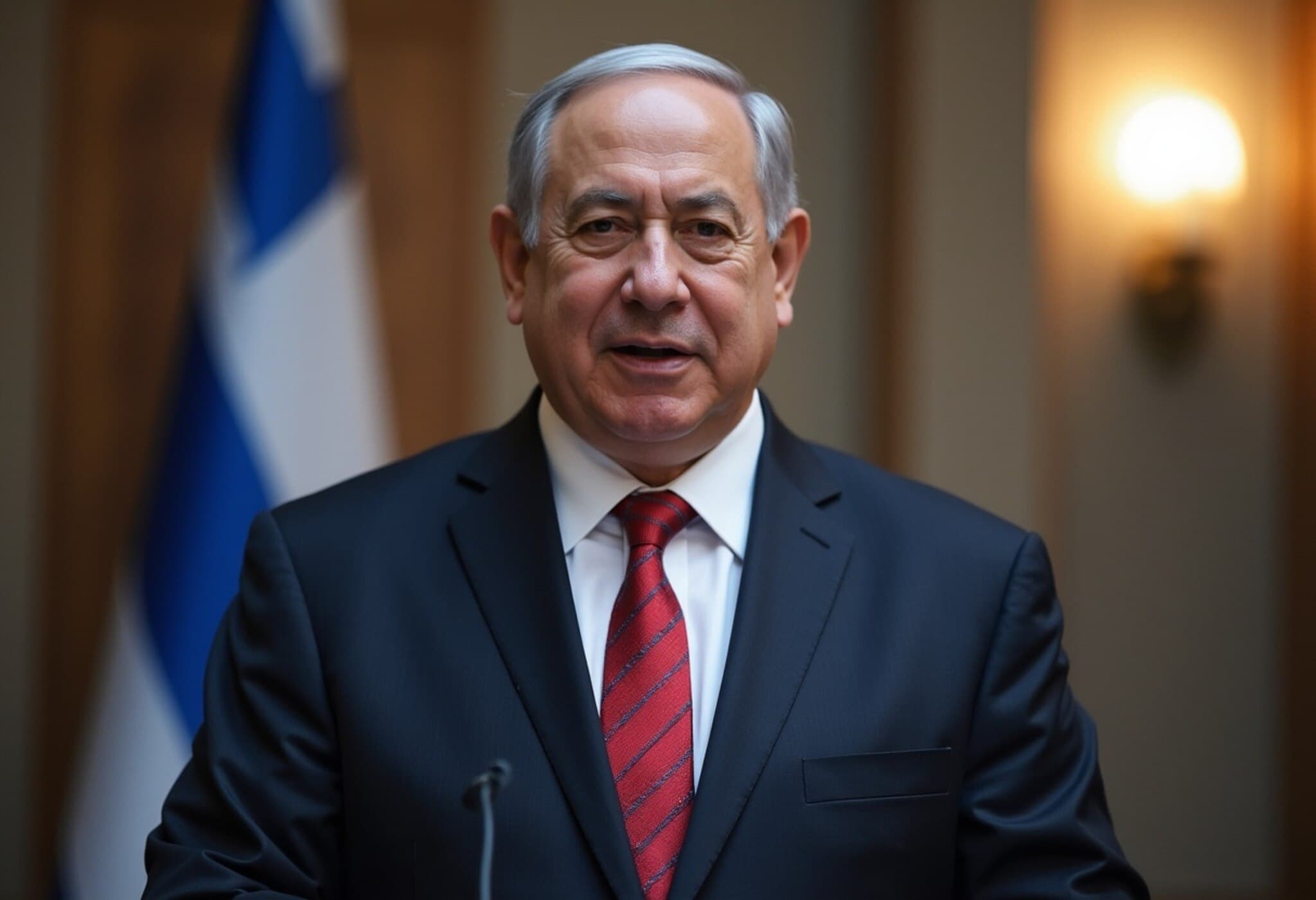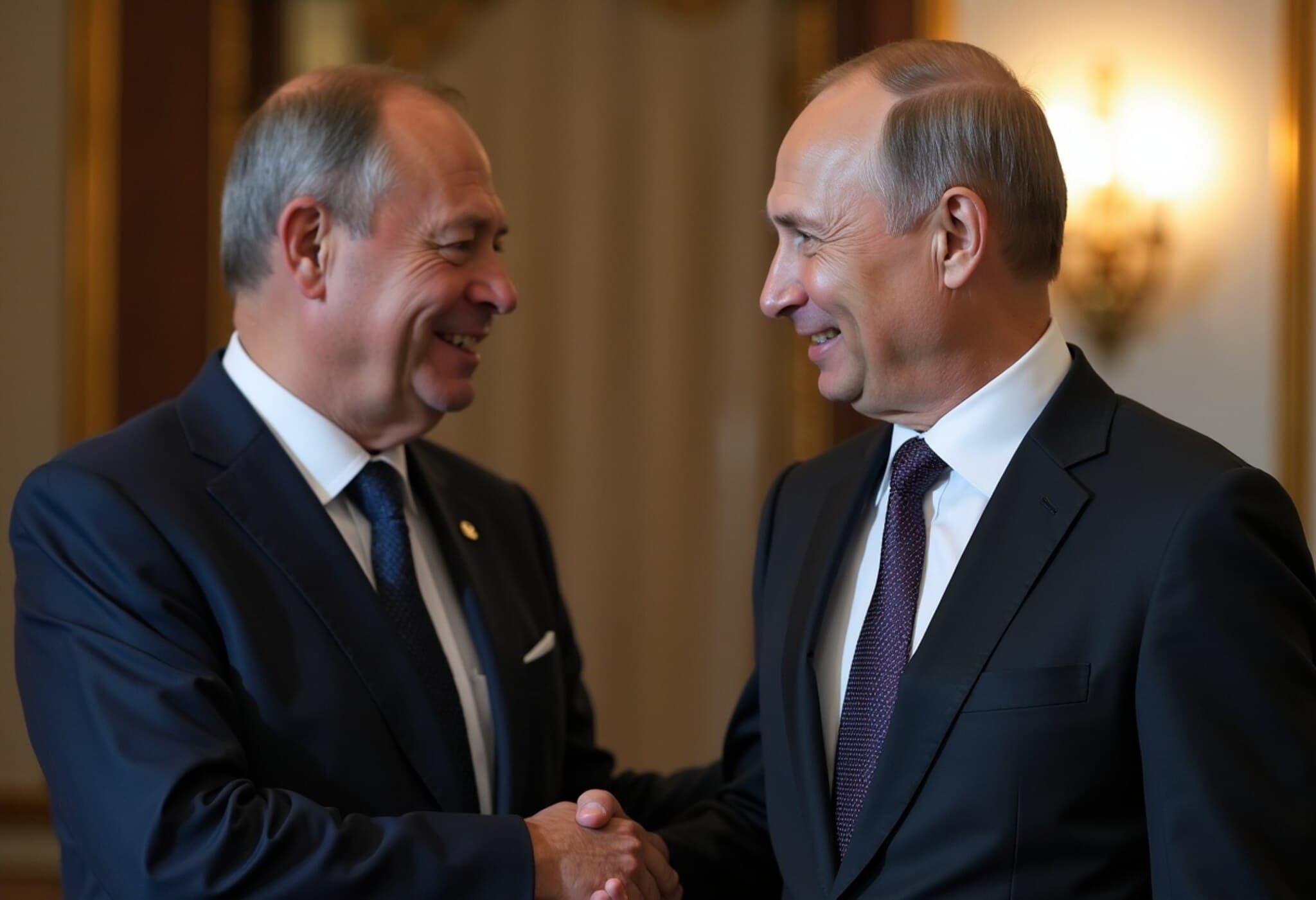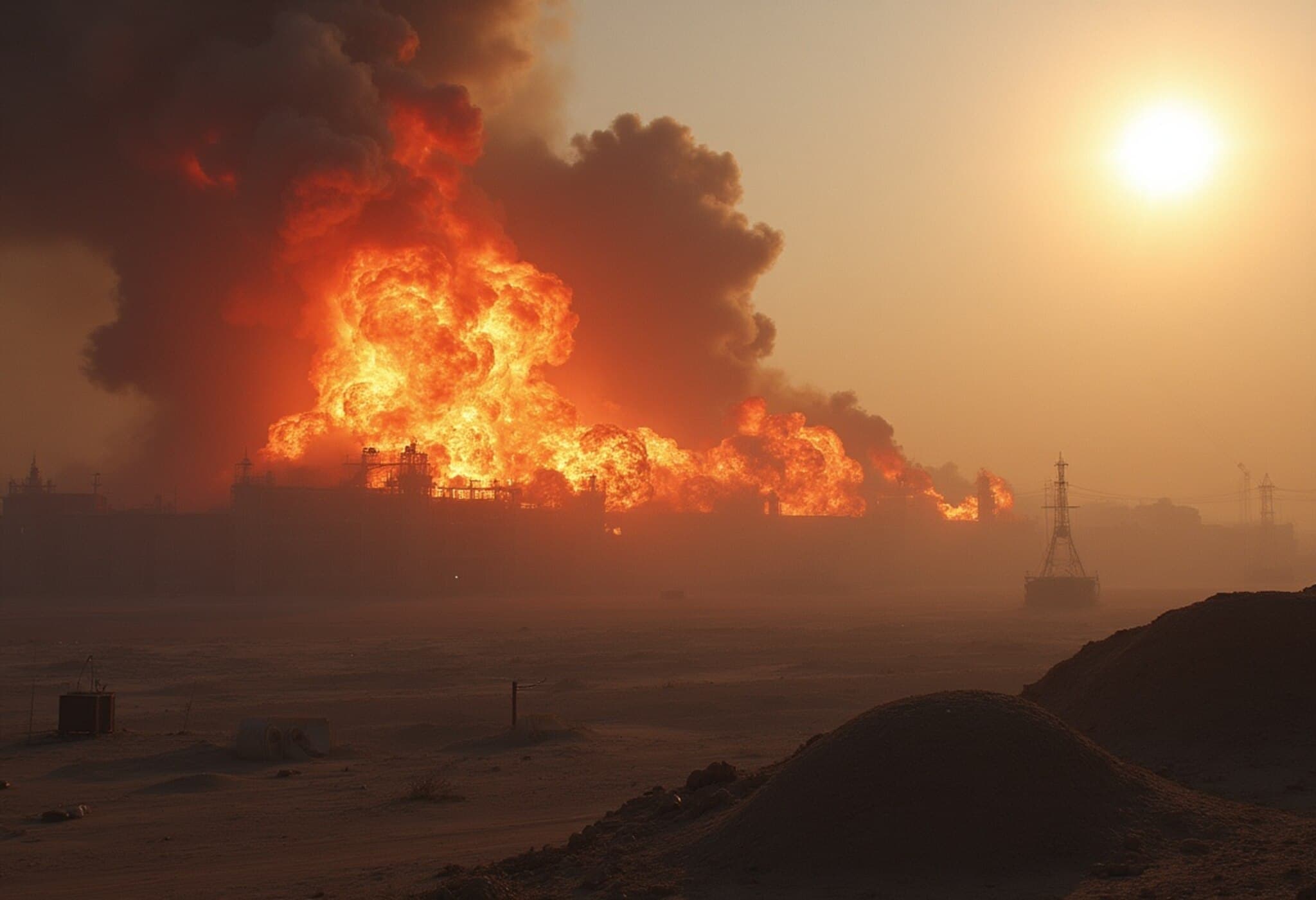Netanyahu Launches Airstrike to Halt Iran's Nuclear Ambitions
After more than two decades of persistent warnings and diplomatic appeals, Israeli Prime Minister Benjamin Netanyahu has taken decisive action. On Friday, he authorized an Israeli air assault aimed at curbing Iran's nuclear program, which Israel contends is a direct threat to regional and global security.
Longstanding Concerns Come to a Head
Throughout his political career, Netanyahu has been a vocal and unwavering critic of Iran’s nuclear endeavors. Despite Iran's firm insistence that its nuclear program serves peaceful purposes, the International Atomic Energy Agency recently declared that Tehran breached non-proliferation obligations for the first time in nearly 20 years. This development appears to have galvanized Israeli leadership to move from caution to confrontation.
Historical Warnings and the Urgency to Act
In a heartfelt address, Netanyahu invoked the memory of the Holocaust, drawing parallels between the failures of past leaders to stop the Nazi regime and the current challenge Iran poses. He emphasized that the repeated pattern of appeasement had tragic consequences, leading to the loss of six million Jewish lives, and stressed the importance of preventing a similar fate for Israel and the Jewish people.
“Never again is now today,” he said, underscoring Israel’s commitment to preempt any existential threats.
The Strategic Calculus Behind the Airstrike
Netanyahu, once an elite special forces operative, has carefully navigated Israel's complex security landscape for decades. Previously, the potential fallout of a military strike on Iran – including retaliation from Iran-backed groups like Hamas and Hezbollah – made such an attack a high-risk decision. However, recent developments have altered the strategic balance.
- Israel’s military successes against Hamas in 2023 and Hezbollah in 2024 have significantly weakened these regional proxies.
- Israeli forces have degraded Iranian air-defense systems, including those shielding key nuclear sites.
- Confidence in Israel’s capability for targeted strikes has grown, creating a window of opportunity.
Diplomatic Twists and Tensions with the U.S.
While Netanyahu anticipated strong U.S. support, he was publicly caught off guard in April when the U.S. administration announced plans for direct nuclear talks with Iran. Despite President Trump’s previous hardline stance against Tehran and withdrawal from the 2015 nuclear deal, the sudden pivot towards negotiation frustrated Israel’s leadership.
Nonetheless, reports suggest that Israeli officials coordinated with Washington ahead of the airstrike, indicating a complex and possibly strategic alignment behind the scenes.
Challenges Facing Netanyahu’s Leadership
Known as “King Bibi” among supporters, Netanyahu’s tenure has been marked by resilience amid controversies. The 2023 Hamas attack severely damaged his reputation domestically, with many blaming him for intelligence and security lapses. Additionally, ongoing legal battles, including corruption charges, have further tested his hold on power.
At 75, Netanyahu faces a narrowing window to shape his legacy. This latest military campaign appears to be an effort to reassert his leadership and solidify his place in history. In his speech, he highlighted the stakes not just for Israel, but for civilization as a whole, calling for divine blessing on those protecting the future.
Looking Ahead
With the region on edge, the ramifications of this airstrike will unfold in the coming weeks and months. Netanyahu’s move signals a new phase in the Israel-Iran conflict, combining military resolve with the weight of historical memory. The world watches closely as the Middle East faces yet another pivotal moment.

